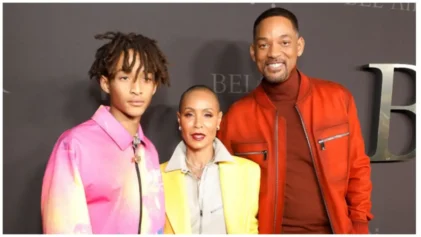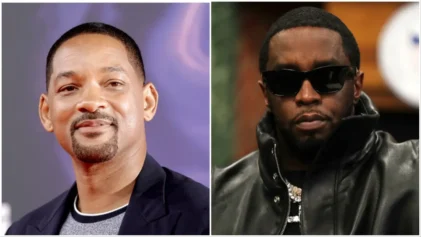Now that a panel has overturned the suspensions of four players implicated in the New Orleans Saints so-called bounty program, what next? That’s what the NFL Players Association executive director DeMaurice Smith wants to know.
And so, Smith sent a letter on Monday to NFL commissioner Roger Goodell, according to ESPN, that outlines the union’s expectation for the process that should be followed in determining the ultimate fate of former and current New Orleans Saints players suspended for their alleged involvement in the bounty scandal.
The letter was in response to Friday’s unanimous decision by a three-member appeals panel that requested clarification from Goodell and led to the reinstatement of Jonathan Vilma, Will Smith, Anthony Hargrove and Scott Fujita.
The letter, according to sources, contains several key elements; reaffirming the players’ contention no pay-to-injure program existed, stressing players must have a full opportunity to present their cases and cross-examine evidences and witnesses and expressing a continued willingness to engage in settlement negotiations as the courts have recommended.
The NFL also sent a letter to the union Monday stating its willingness to meet with any player that wants to submit information regarding the bounty scandal, according to a league source. The letter stated that players wishing to present further information on the issue should contact the NFL by the close of business Tuesday.
NFL spokesman Greg Aiello said Goodell would “make an expedited determination of the discipline imposed” for violating the league’s bounty rule. Goodell is expected to reach another decision not in coming days, but coming weeks, making players eligible to play until then.
After watching the Redskins-Saints season opener from the private suite of Drew Brees, Smith offered his first in-depth perspective on the panel’s decision in an interview with ESPN, expressing his belief that Goodell violated the collective-bargaining agreement in punishing the players.
“It’s great these players were vindicated and able to join their teammates on the sideline,” Smith told ESPN. “But at the end of the day, my hope is that our players and fans understand that any time this kind of thing happens, it vindicates the importance of collective bargaining. It vindicates the importance of fairness and it certainly vindicates the notion that power is not absolute.”
Smith reiterated his opinion there is no proof the players were involved in a pay-to-injure scheme but acknowledged that he was uncertain how temporary the reinstatements might prove to be.
“I don’t know, and you know that I never guess,” Smith said. “We believe the three-judge panel indicates that clearly there was a violation of the process. So it seems to me the premium now is on making sure the process is correct and fair.
“The players have been through a lot. During an offseason where at least some of our players get to shut it down mentally, they’ve been trying to clear their names and it isn’t fair to them. It isn’t fair.”
The ruling vacated the original suspensions and enabled Will Smith to start at defensive end Sunday rather than serving the first game of a four-week suspension. Vilma, who had been suspended for the entire season, was unable to play because of offseason knee surgery but attended meetings, led the Superdome crowd in a spirited pregame “Who Dat” chant and watched the game from the sideline.
But Friday’s decision does not preclude Goodell from suspending the players again. He could come back and recommend the same suspensions, but would have to offer different justifications for his decision.
The ruling actually returned the issue to Goodell and asked him to review the penalties and clarify his decision. The panel said it could not be sure the players were not disciplined for salary-cap violations (receiving cash payments under the bounty program), in addition to being disciplined for attempting to injure opposing players.
Goodell only has authority to punish players seeking to injure opposing players. He does not have jurisdiction on salary-cap violations.


